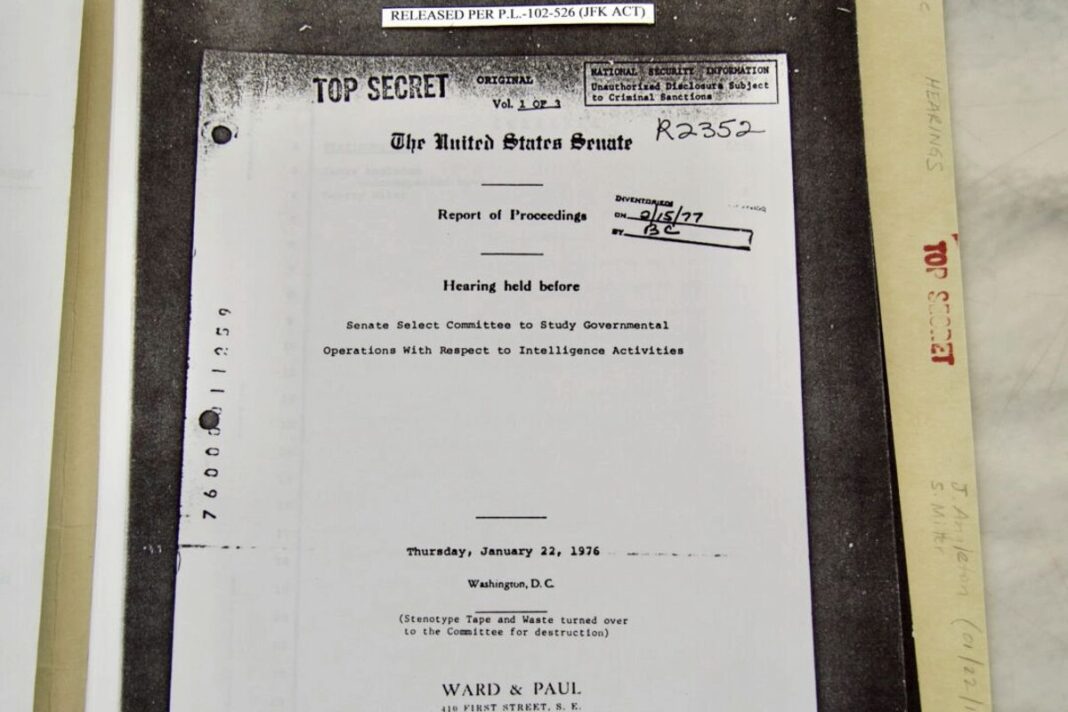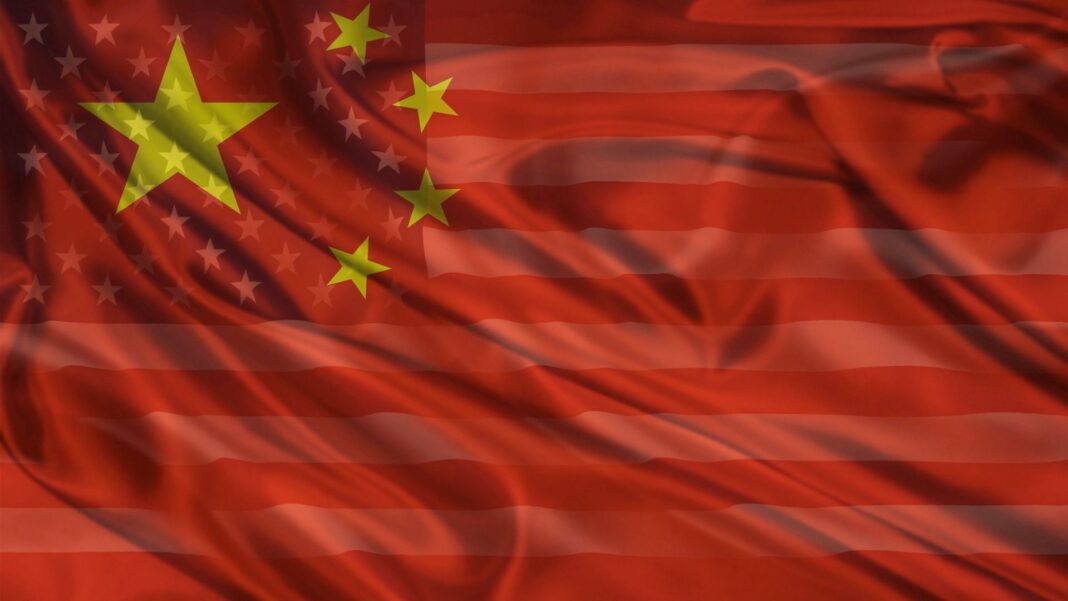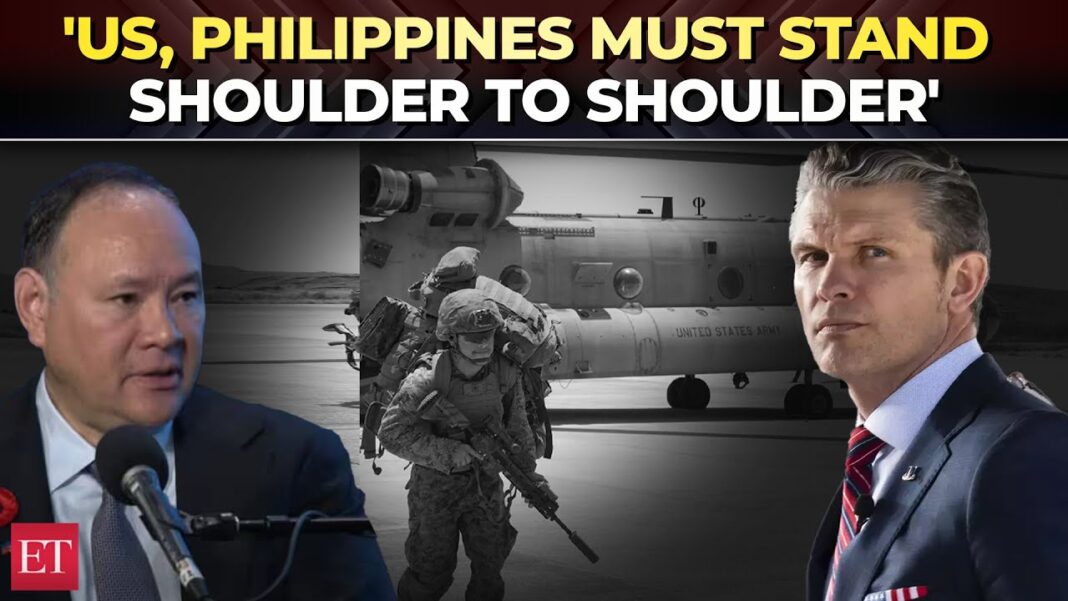Counterintelligence spy chief James Angleton’s testimony to the Church Committee was uncovered by The Epoch Times hours after declassification.
WASHINGTON—The transcript of former Central Intelligence Agency (CIA) counterintelligence chief James Angleton’s testimony to the Senate Church Committee in 1976 was discovered in the locked stacks of the National Archives by The Epoch Times.
Long sought by historians, the 72 pages of transcription from the hearing remained classified and hidden from the public for nearly 50 years.
The committee, chaired by Sen. Frank Church, informally known by his surname, was founded to investigate intelligence abuses by federal agencies.
Some of the topics covered are still hot-button political issues nearly half a century after the hearing took place.
Committee members expressed concern that hostile foreign nations’ intelligence services were involved in covert espionage activities targeting U.S. elections.
“There’s no question that influence has been brought to bear,” Angleton said, noting that “propaganda, among other things,” presents significant challenges for domestic intelligence officials.
Longtime Angleton aide Scotty Miler, who testified alongside his boss, acknowledged the infiltration of companies in the United States by foreign spy agencies.
“We’ve had a number in the past,” he said.
Asked by senators whether division chiefs and other officials were kept in the dark about operations, Angleton said sometimes only two or three people were aware of plans and ongoing actions.
“If it’s a major matter, it’s on the basis of need to know,” Angleton told the committee.
He described the prospect of double agents infiltrating the U.S. government as a top priority and national security concern, suggesting that some officials failed to recognize the nature of the threat.
“The question of penetration in this government or penetration in any agency has never been brought to a responsible level of finding out how it happened and what has gone wrong,” Angleton said.
He suggested that the directors of the CIA and the Federal Bureau of Investigation were not collaborating, though he believed it was necessary to work together to verify the quality of information they were receiving and review counterintelligence operations with objective oversight.







